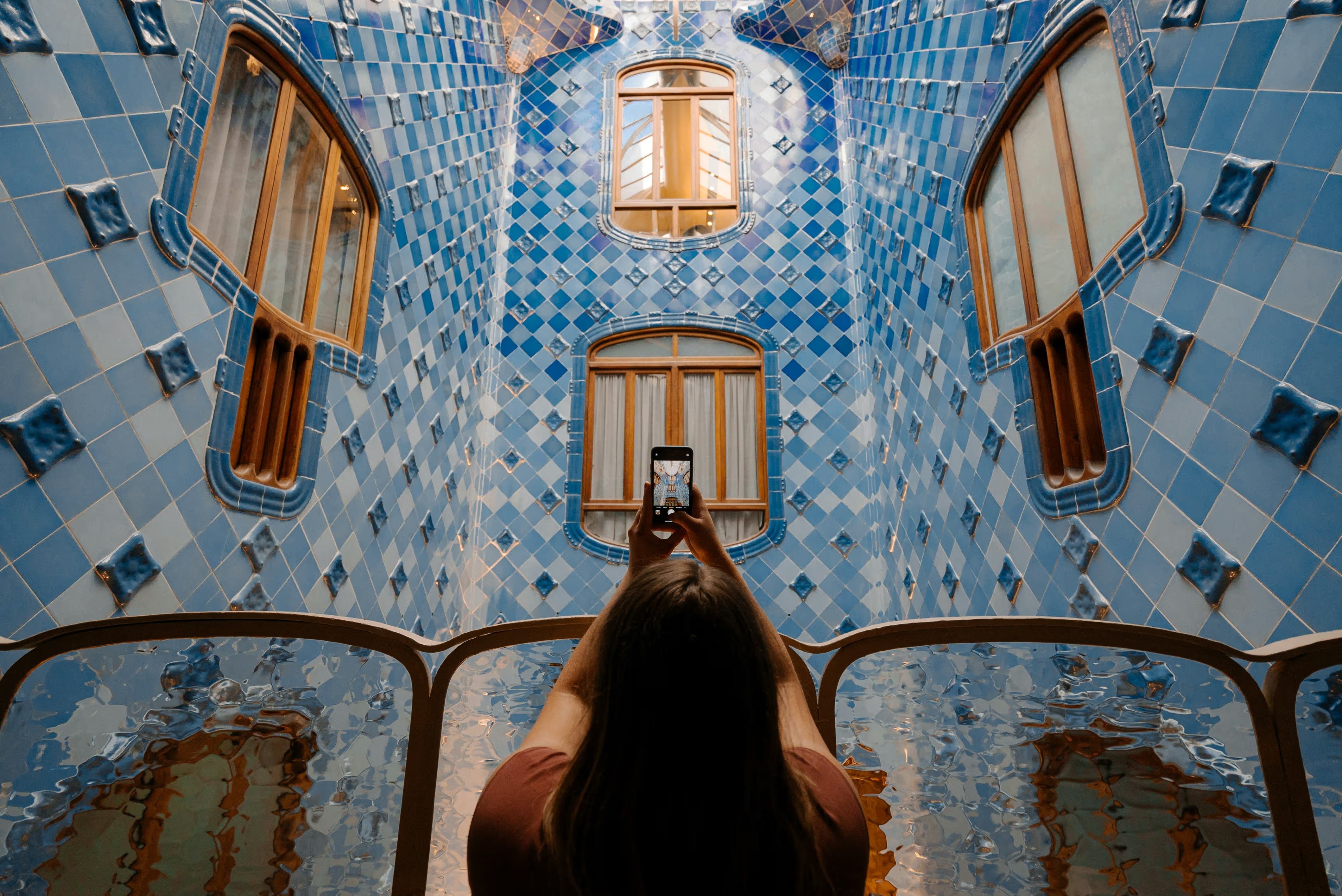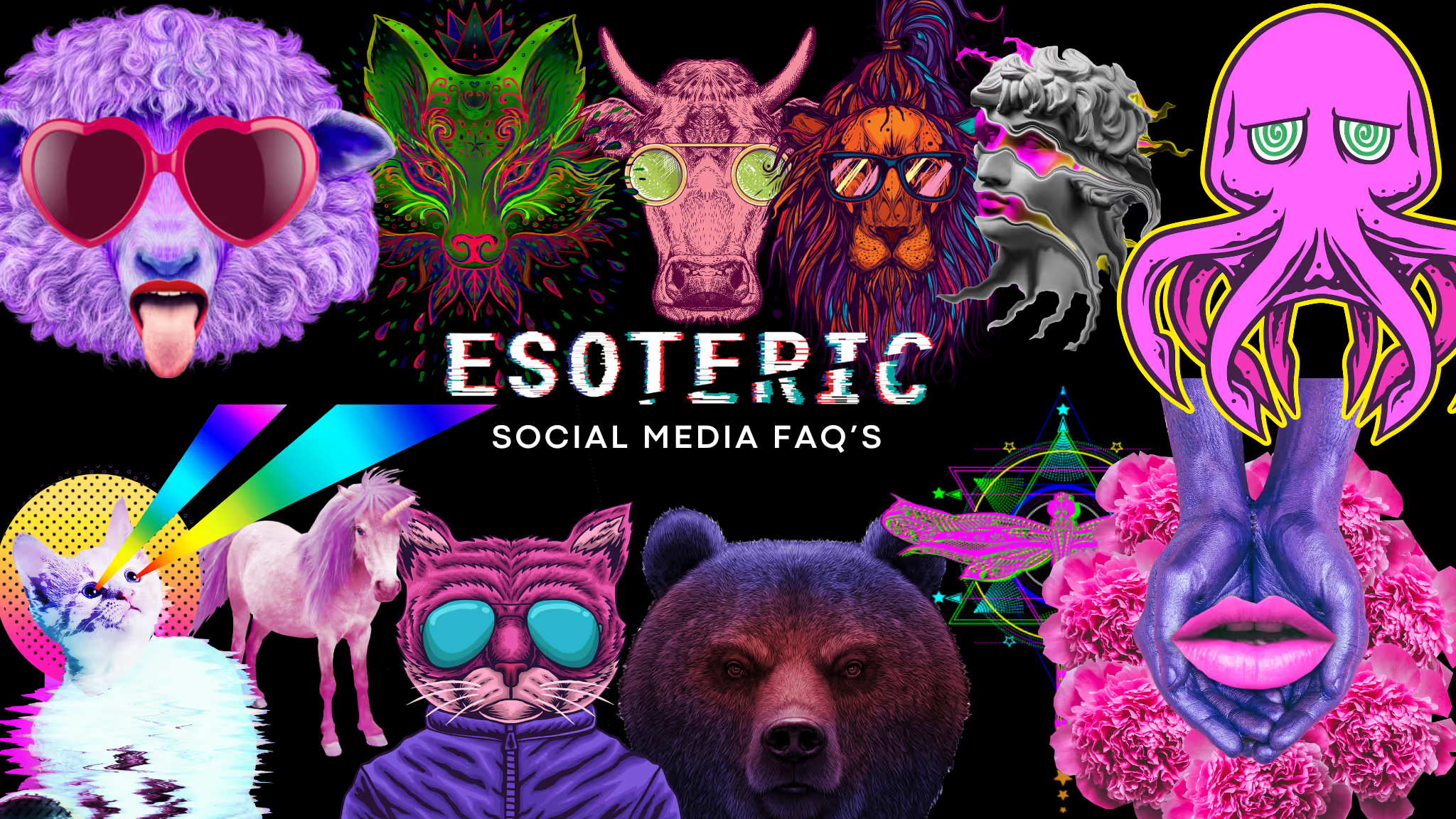TLDR
- Influencers remain central to marketing strategies in the UAE.
- Agencies help brands find the right influencers and negotiate fair deals.
- Proper management ensures authenticity, compliance and measurable results.
- Agencies provide analytics and protect against fraud.
- Campaigns succeed when influencer and brand values align.
- Managed partnerships turn influencer marketing into long term value.
Why influencers matter in the UAE
The UAE is one of the most active markets for influencer marketing. Platforms like Instagram, TikTok and YouTube are flooded with creators, from micro influencers to regional celebrities. For brands, this presents opportunity but also complexity.
Choosing the wrong influencer can waste budgets or even harm reputation. Agencies step in to reduce risk and increase effectiveness by managing partnerships professionally.
The role of agencies in influencer marketing
Agencies act as the bridge between brands and influencers. They:
- Identify influencers who align with brand values
- Verify audience authenticity and engagement quality
- Negotiate contracts and manage deliverables
- Monitor performance and track ROI
This structure ensures campaigns are not only creative but also accountable.
Finding the right influencer
Not every influencer is right for every campaign. Agencies in the UAE use data and experience to select influencers who genuinely connect with target audiences.
For example, a luxury fashion brand may prefer polished Instagram influencers, while a food delivery app might partner with TikTok creators known for humour and authenticity.
Agencies ensure the match is strategic, not random.
Ensuring authenticity and trust
Audiences in the UAE are savvy. They can spot inauthentic endorsements quickly. Agencies manage influencer campaigns to feel genuine by:
- Crafting briefs that allow creative freedom
- Encouraging influencers to use their own tone of voice
- Avoiding overly scripted content
This balance maintains trust, which is essential for long term impact.
Compliance with regulations
Influencer marketing in the UAE is regulated. Paid partnerships must be declared, and licences are required for influencers. Agencies ensure that campaigns comply with local laws, protecting brands from fines or reputational damage.
Fraud protection
Fake followers and inflated engagement are risks in influencer marketing. Agencies use verification tools to detect fraud, ensuring brands invest only in genuine influence. This protects ROI and strengthens trust.
Case example: Dubai hospitality group
A Dubai hotel group partnered with influencers for a new restaurant launch. The agency managed contracts, ensured compliance with regulations and monitored results. Engagement exceeded expectations and bookings rose in the first month.
Case example: Abu Dhabi tech startup
A tech startup in Abu Dhabi worked with micro influencers to promote its app. The agency handled outreach and analytics, proving that smaller influencers with loyal followings delivered stronger ROI than celebrity endorsements.
Measuring results
Agencies provide detailed reporting, showing not just reach but also engagement, clicks and conversions. This transparency helps brands see exactly how influencer marketing contributes to revenue.
Without agency oversight, many campaigns struggle to prove value.
Why agencies matter for long term partnerships
Influencer marketing is most effective when built on long term relationships. Agencies manage ongoing partnerships, ensuring consistency and alignment with brand goals. They also refresh partnerships as trends and platforms evolve.
Looking ahead
Influencer marketing in the UAE will continue to grow, but competition and regulation make it increasingly complex. Agencies are best placed to manage this complexity, delivering trust, compliance and ROI.
For brands, agency managed partnerships are the path to sustainable success.




